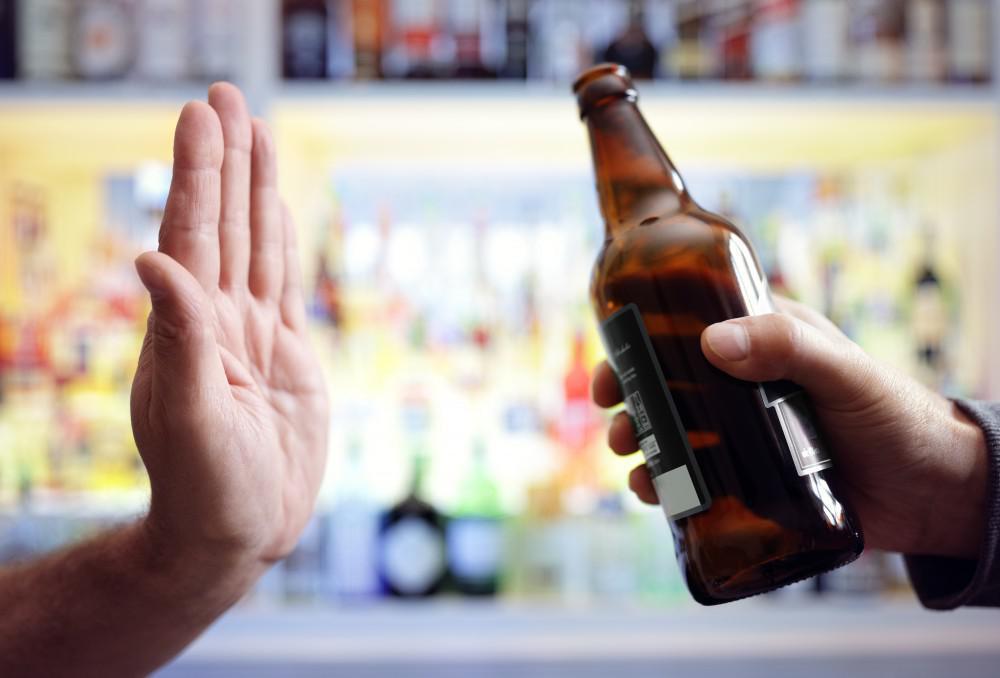
5 Tips for Staying Sober
You’ve done the work to become clean and sober, and you want to do what you can to stay that way. Here are five great tips that will help you safeguard your freedom from a substance use disorder.

When people picture “recovery,” they often imagine something extreme: either total transformation overnight or endless struggle forever. The truth? Recovery looks different for everyone—and it’s often quieter, steadier, and more hopeful than most people think.
If you’re wondering what life in recovery actually looks like, especially in an outpatient setting, this post is for you.
Recovery isn’t about being “perfect” or never having cravings again. It’s about progress over perfection. It’s about learning how to:
Here’s what a typical week might look like for someone in outpatient treatment:
Outpatient care offers flexibility, so people can stay in their communities and maintain responsibilities while working on recovery.
True recovery isn’t just about not using—it’s about building a new life that makes using unnecessary.
That includes:
No. Relapse is often a part of the recovery journey—not a sign that you can’t get better. Many people experience a slip, learn from it, and come back even stronger.
The key is to:
Whether you’re just curious about recovery or ready to take action, our outpatient program is built to meet you where you are—and walk with you every step of the way.

You’ve done the work to become clean and sober, and you want to do what you can to stay that way. Here are five great tips that will help you safeguard your freedom from a substance use disorder.

The connection between a substance use disorder and a mental health issue is a strong one, as the nearly eight million Americans who have a co-morbidity prove. When this occurs, treating both issues is paramount.

Addiction is a chronic disease that requires constant vigilance and good management. When a person falls short, relapse can occur. If you’re worried that a loved one has relapsed, here are some signs to look out for.

You believe that you’re drinking isn’t normal anymore, and you’re tired of the overwhelmingly negative effects that alcohol is having on your life. The good news is that alcoholism is highly treatable.

The rise in availability of telehealth services has been great news for those who need (or would prefer) to receive quality health care from the comfort of their own homes. These services also extend to substance use disorders.

Marijuana may be legal, but like with alcohol, how you use this legal substance makes a difference. If you develop a use disorder, marijuana can be quite harmful and affect a number of areas of your life.